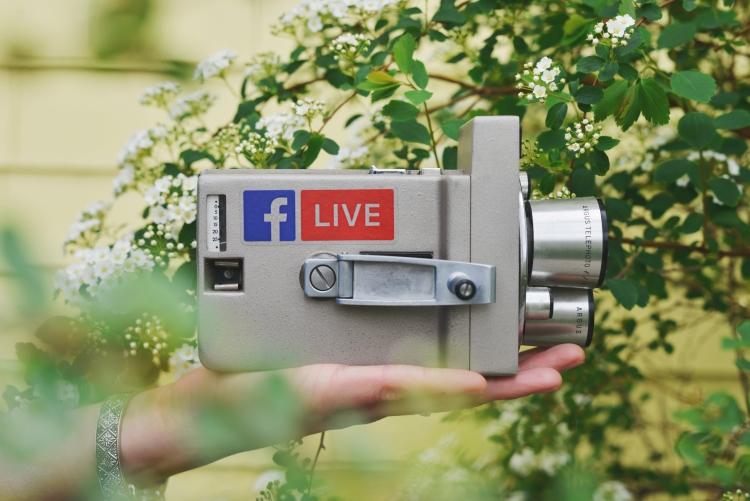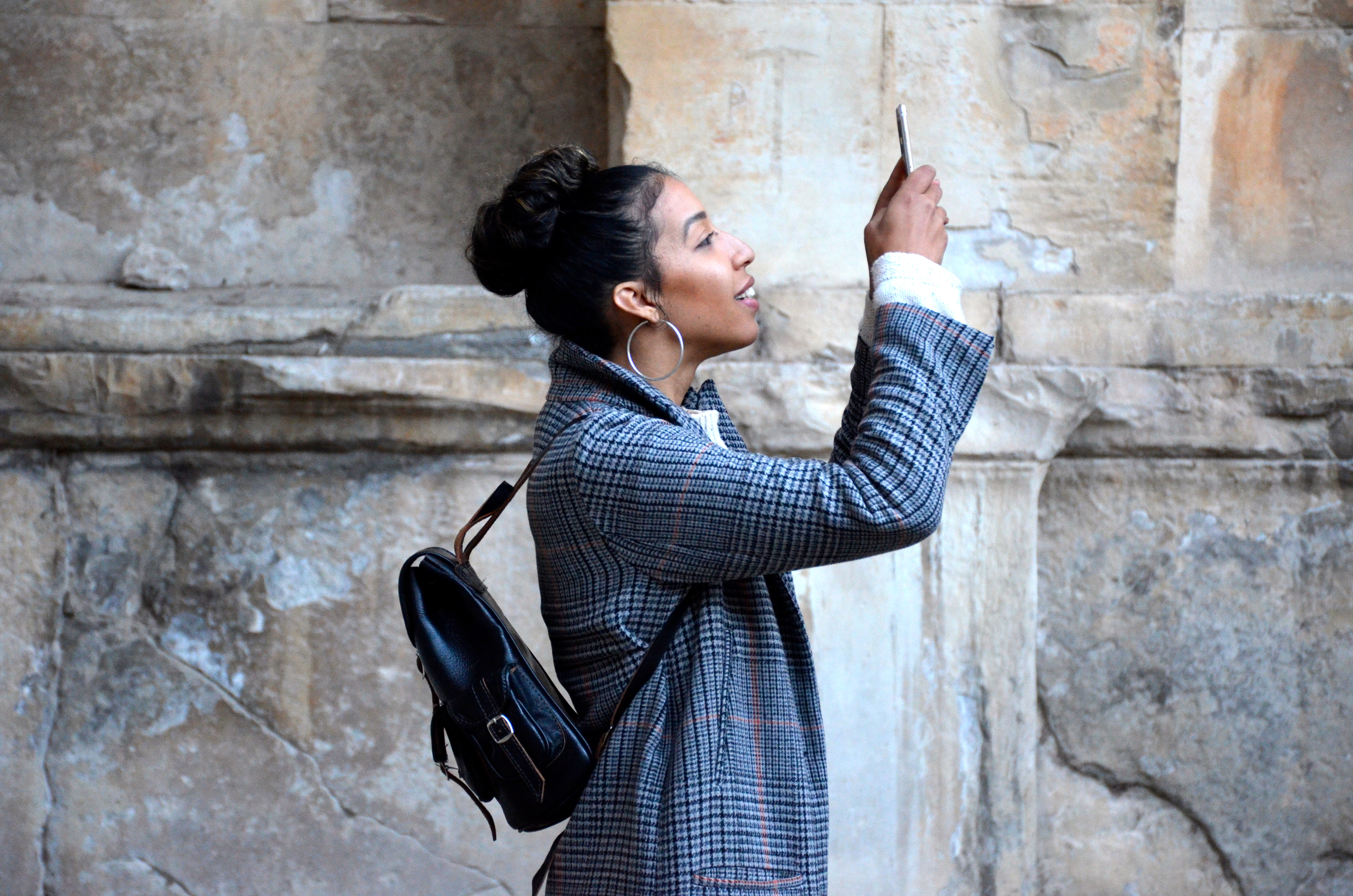Captivating Crimes Online: Who Is to Blame?

On April 14, an elderly man named Robert Godwin Sr. was murdered in cold blood by Steve Stephens, who posted the attack to his own Facebook page. The perpetrator took to the app to casually discuss his murderous plans and claimed to have killed over a dozen people prior to the attack. Stephens said, "I'm going to kill this man" before exiting his car, asked Godwin if he knew Stephen's ex-girlfriend, and shooting him dead. The video was left up for hours on his personal page and collected millions of views. But what makes people want to watch it? What compels someone to watch a video of an elderly man being killed in cold blood? The video was shared on multiple social media platforms, reposted on Facebook and added to news stories. Godwin's family had to go online and plead that people stop re-tweeting and posting it. Stephens took to Facebook to blame his ex, Joy Lane, for what he was about to do. The two had recently split up after several years of dating which supposedly instigated his killing rampage.
Image Credit: Twitter/Ryan A. Godwin
Freshman student Lauren Morris said she isn't compelled to watch gruesome videos online, saying "I think it's so weird how people feel to even share those videos. We're so desensitized, it's scary. There's no warning for what you're going to see. You don't know how graphic a video is going to be which is really...I can't find the words. It's peculiar to me how comfortable people are or unfazed, I guess I should say, by violence." Listening to her answer made me question whether or not I could be adding to the growing viewership of these publicized crimes. I personally do not feel as if I need to watch the videos but I am immediately intrigued once I hear about it. I watch murder documentaries, read news articles on them, and actively watch crime shows that dramatized murders daily.
Does that mean I'm technically supporting these gruesome videos? I went on Facebook to search the killer's name, curious to see if the video was still up. I'm not sure if I would have watched it, had it not been taken down, but I'd like to say that I wouldn't. I still get shocked by killings, no matter how many Quentin Tarantino films I watch. The difference could be that I, as a viewer, don't find amusement in watching real life people having their lives taken away and broadcasted on social media for someone else's pleasure. Personally, watching crime documentaries and television shows is more about trying to figure out why people commit these acts or finding out more details behind famous murder stories. Shows like How to Get Away with Murder and CSI are not popular because people are interested in viewing shootings and sexual assaults. The plot is the most compelling part to me. What did they do? Why did they do this? How did they do this? When?
Marina Lonina was just an 18-year-old student at New Albany High School when she Periscoped her friend's sexual assault for the internet to see last year. One day at the mall, Lonina and the victim met Raymond Boyd Gates, the aggressor, at the mall where he offered to buy them alcohol and invited them over the next night. It was that night that Gates sexually assaulted the underage victim and while Lonina recorded the entire incident. According to the Franklin County Prosecutor, Ron O'Brien, Lonina originally claimed that she filmed it in order to prevent Gates from raping her friend but eventually admitted that she "got caught up in the number of likes".
Image Credit: Unsplash
This past Monday, April 25th, A Thai man hanged his 11-month-old baby on Facebook Live. He killed himself shortly after but did not film himself. Claims have been made that it was because of his marital insecurities that led him to do something so graphic and horrific. This is just the latest of the internet killing sensation that has become a morbid fad. In January, a Florida teenager by the name of Naika Venant, used Facebook Live as her suicide note when she hung herself in her door frame in real time. Gina Alexis, her mother with whom she suffered a difficult relationship, made comments throughout the video with no intent on helping her child. It was one of Venant's school friends who alerted the police, unfortunately too late.
Knowing that today's society has made its mark on the internet by engaging in online suicides, murders, and rapes are we to blame or are the platforms? Plenty of articles points fingers the platform's creators and moderators for allowing violent and criminal acts to be posted and kept up for a horrifying amount of time. But in the case of Marina Lonina, aren't we the ones to blame? Had viewers not kept pressing the like button would Lonina had stopped filming the attempted rape? If viewers had not egged people on, would they have not committed suicide? I think our innate curiosity to watch violence displayed before us in an accessible manner has contributed to the horrifying number of people who tune into Facebook Live and repost videos of innocent people taking lives and violating them. As Morris said, "I think at the end of the day, were human and so we're going to be a little curious. But, there's a line that you shouldn't cross with that curiosity."









